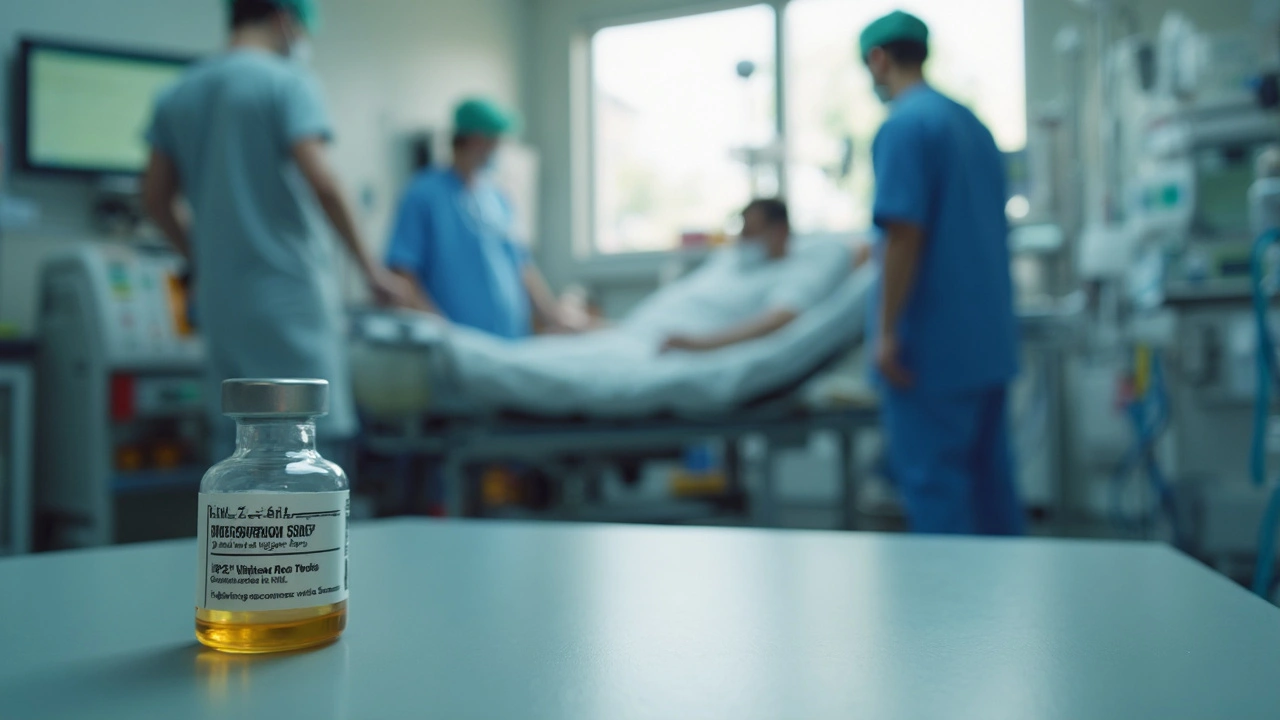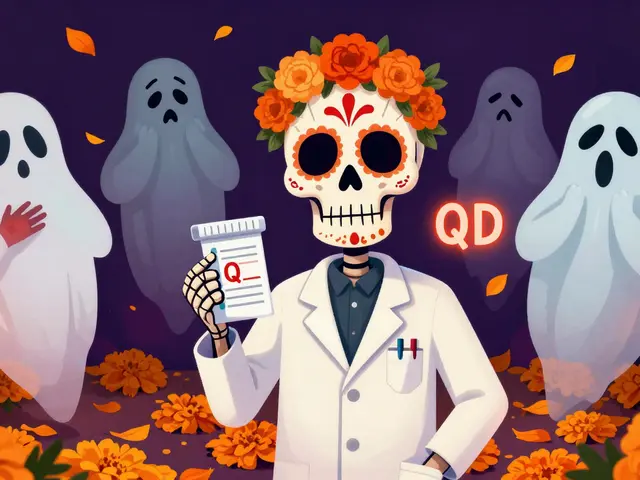Bleeding: what to watch for and what to do first
Bleeding ranges from a tiny nick to a life-threatening problem. Know the common causes, quick first-aid moves, and when you must get help. This page gives plain, useful steps so you can act fast and smart.
Common causes and who’s at higher risk
Small cuts, nosebleeds, dental work and heavy periods are the usual culprits. Less obvious causes include stomach or intestinal bleeding, bleeding after surgery, and bleeding disorders. Certain medicines make bleeding more likely — blood thinners (warfarin, apixaban), antiplatelet drugs (aspirin, clopidogrel), some antidepressants, NSAIDs, and even some herbal supplements (like ginkgo or garlic). Hormone therapy such as estrogen-based drugs can change menstrual bleeding patterns, so talk to your prescriber if your bleeding changes suddenly.
Older adults, people with liver disease, those on multiple medicines that affect clotting, and anyone with a known bleeding disorder should be extra careful and have a plan for emergencies.
Quick first-aid and when to get emergency care
Minor wound: press a clean cloth over the cut and hold steady pressure for 10–15 minutes. Raise the injured area above heart level if possible. Clean gently, then cover with a sterile dressing.
Nosebleed: sit up and lean slightly forward, pinch the soft part of your nose for 10–20 minutes, breathe through your mouth. Don’t tilt your head back — that can make you swallow blood.
Heavy bleeding that needs emergency care: bleeding that soaks a pad, dressing, or clothing every hour; bright red blood coming from the mouth, rectum, or vomit; fainting, dizziness, fast heartbeat, low blood pressure, or signs of shock. Also call 911 or go to the ER for deep wounds with exposed bone, severe head injuries, or if bleeding won’t stop after firm pressure for 20 minutes.
For heavy menstrual bleeding, track how often you change pads/tampons, note large clots, and tell your clinician if you consistently flood through protection or need to change more than once an hour.
If you’re on blood thinners or have a clotting disorder, call your doctor right away after any serious cut or fall — treatment and testing advice differs for people on these medicines.
Before any planned surgery or dental procedure, list all prescription drugs, over-the-counter painkillers, and supplements for your provider. Stopping or adjusting some medicines ahead of time can lower bleeding risk.
If you want more on how medicines affect bleeding, check our guides on hormone therapy (Premarin) and other treatments on Pharmstore.com. If you’re unsure what to do now, call your healthcare provider — quick action can make a big difference.

Desmopressin can make a real difference after severe trauma causes dangerous bleeding and clotting problems. This article explains how desmopressin works, why doctors turn to it in emergencies, and who actually benefits. You’ll get practical tips and the latest findings that matter for patients and healthcare workers. It’s all about saving lives when time is tight and options are few. You’ll even learn little-known facts about how this medicine is changing trauma care.
Chris Gore Apr 24, 2025




